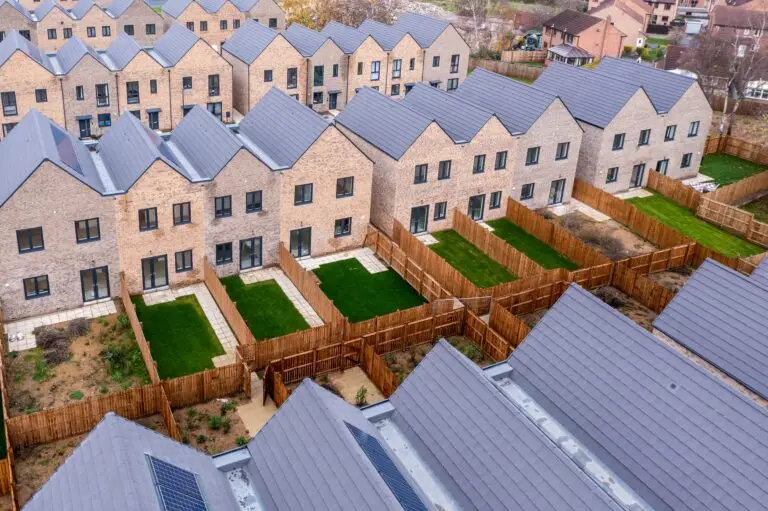The past few years here have seen a tightening of border controls, and the debate on this issue is never far from the headlines. UKIP’s recent electoral successes and the further restrictions on immigration announced in the Queen’s Speech have brought the issue to the forefront once again.
The APPG on Immigration is the latest to wade into the debate and has recently published a report claiming that current immigration policy is “tearing families apart”. Their inquiry shows that a new minimum earnings rule requiring citizens wishing to sponsor a non-EU spouse to show minimum earnings of £18,600 a year has meant that thousands of British citizens, including people with full-time jobs, have been unable to bring a non-European husband, wife or partner to live with them in Britain.
Those in favour of more liberal immigration policies have pointed out that many immigrant workers pay taxes but are more youthful than the population as a whole, and so make a greater contribution to the state. A YouGov poll has also found that the proportion of those questioned who viewed immigration negatively dropped significantly after they were informed of the Office for Budget Responsibility’s findings linking immigration with economic growth.
The impact of this debate on British universities, heavily reliant on international students for funding, is particularly significant. Boris Johnson, stated at a conference on 29 May that international enrolment is an “export”. Students from all over the world pay premium fees to study in the UK and their living expenditures prime the economy to the tune of £8 billion a year, although changes in immigration policy are causing this number to decline. In the past year alone, the number of overseas students in the UK – a category comprised entirely of non-EU nationals, from North America to India – dropped from 246,000 to 190,000.
That being said, a frequent accusation levelled at those in favour of a softer line on immigration is that the less well off in society suffer increased competition for jobs, school places and the like as result of immigration, and are ignored in the pursuit of a multicultural utopia. Critics of immigration, and in particular “mass immigration”, argue that it:
- Exacerbates the housing crisis;
- Damages the employment prospects of UK nationals; and
- Contributes to an unmanageable, rapid pace of social change
As Britons across the nation are feeling the pinch of austerity, this debate is likely to persist. But it may be worth reflecting on the past, as Britain has historically been a sanctuary of liberty and freedom of thought. It has attracted political refugees including the likes of Karl Marx, and has drawn international students as diverse as Mohandas Gandhi and Bill Clinton, to name but a few.
We will watch the impact of this debate on immigration policy with interest. It will be fascinating to see whether the likes of UKIP are able to replicate their recent local successes at the more challenging national level.



